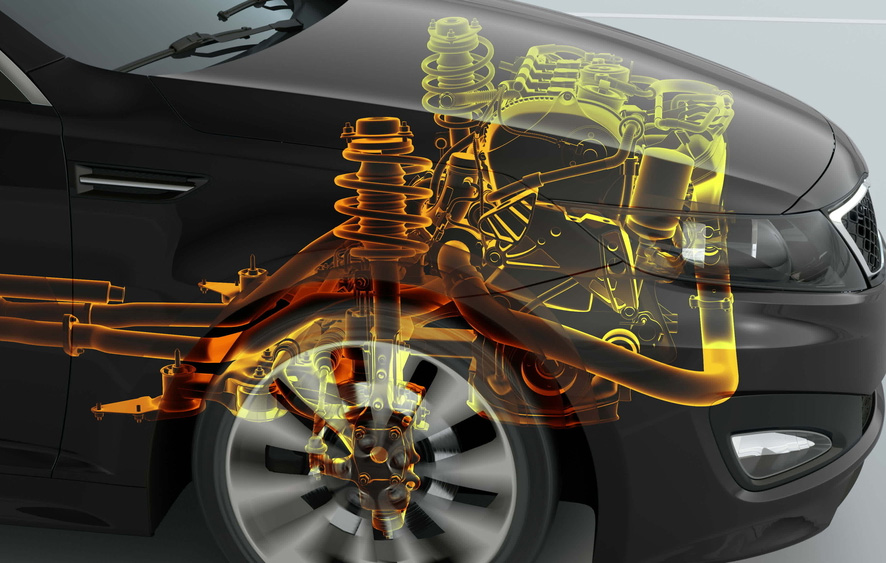Your Checklist for Keeping Your Engine Clean

If you want to prevent costly repairs, improve your vehicle’s performance, and lengthen the overall life of your vehicle, it is important to keep the engine clean. The engine is the foundation of the car, and the various components get dirty over time, which puts more strain on the engine. Without proper maintenance, such as replacing with the best oil filter when necessary, you may find that you have expensive repairs to address.
Oil Filter Changes Are a Must
Most car owners know that oil changes are an important part of regular maintenance. However, not as many may know that changing the oil filter is also important. A filter’s function is to remove dirt and contaminants from the oil to prevent it from getting back into the engine. A good auto shop knows when to change a filter. If you change your oil on your own, there are bad oil filter symptoms so that you know when it is time to replace the old one.
Inspections & Safety Precautions
Along with replacing your Toyota oil filter, there is a checklist of additional maintenance inspections and safety measures to take to ensure your engine remains clean and functions smoothly.
Inspect the Air Filter
The air filter in your vehicle prevents debris and dirt from reaching your car’s important components. This debris builds up and, over time, the filter becomes clogged, which obstructs air flow to the engine. As a result, your vehicle has reduced gas mileage and increased emissions. Change the air filter if it is dirty and clogged.
Top Off Coolant
The moving parts of the engine put off a lot of heat, which can cause damage if not managed. Make sure there is enough coolant in the tank so that the heat buildup can dissipate. The ideal ratio is equal parts of distilled water and coolant.
Keep an Eye Out for Leaks
You may notice that fluid accumulates underneath your car after it has been sitting, and this is a sign that there is a leak somewhere. You can also check for leaks underneath the hood. If there is evidence of fluid leaks, get it checked by a mechanic as soon as possible.
Check the Belts
Belts are essential components that help the engine run properly. Visible cracks or a squealing sound indicate that they need to be replaced. If the engine is running, and the belts break, this can cause significant damage.
Top Off the Gas Tank Regularly
Running on fumes regularly can cause damage to the engine, as the sediment that settles at the bottom of the tank can make its way into the fuel pump. The best way to prevent this is to keep your gas level closer to full than empty.
Do Not Ignore Dash Warning Lights
If your check engine light comes on, do not put off bringing it in to a mechanic. This light may not indicate anything serious, but it might, and making any necessary repairs in a timely matter helps protect the engine.

